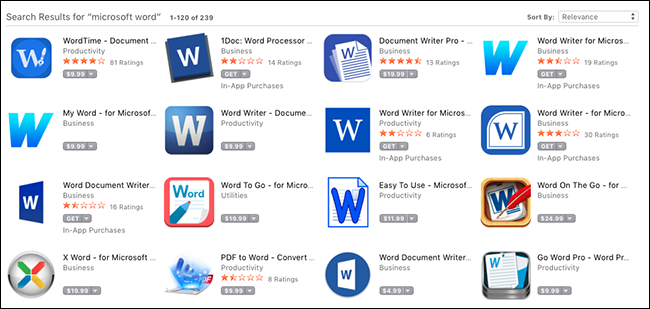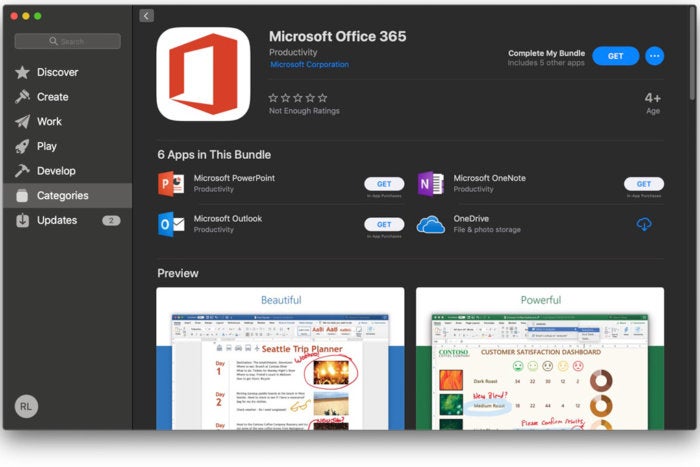

TINKER, TAILOR, STATUS SPY: Malicious developers aren’t the only ones interested in vacuuming up your personal information. If there are still signs that something’s amiss, like lagginess or unexpected advertisements, consider a factory reset or a visit to the store. A frequently updated app is a good sign of quality.ĭelete apps you suspect to be fake as soon as possible, Osakwe recommends. Take a look at the version history notes, too. If the app has a number of legitimate reviews, you’re probably in the clear. I’ve found that many of the fake apps have a slew of poorly written five-star ratings (noting that this is the internet and many good apps have these, too). Most trustworthy developers have websites that highlight their accomplishments. Googling the name of the developer, which appears prominently on app pages on both major stores, can also help. Osakwe recommends combing through app descriptions before downloading anything, looking for misspellings or odd language that might indicate the developer is pitching a hack job. Some of these apps exist just to make a quick buck, but others contain malware or attempt to access permissions to steal personal information, warned Michael Osakwe from consumer info website.

These apps piggyback on either the names, designs or functions of more popular apps in an attempt to trick users into downloading them. Want bite-sized news, tutorials and ideas about the best digital tools for journalism in your inbox every Monday? Sign up here.įake news might be the neologism du jour, but it’s far from the only danger lurking on the black mirror in your pocket or purse.įor years, increasingly crafty developers have been sneaking “fake apps” into the App Store and the Google Play store. This article originally appeared in Try This! - Tools for Journalism, our newsletter about digital tools.


 0 kommentar(er)
0 kommentar(er)
